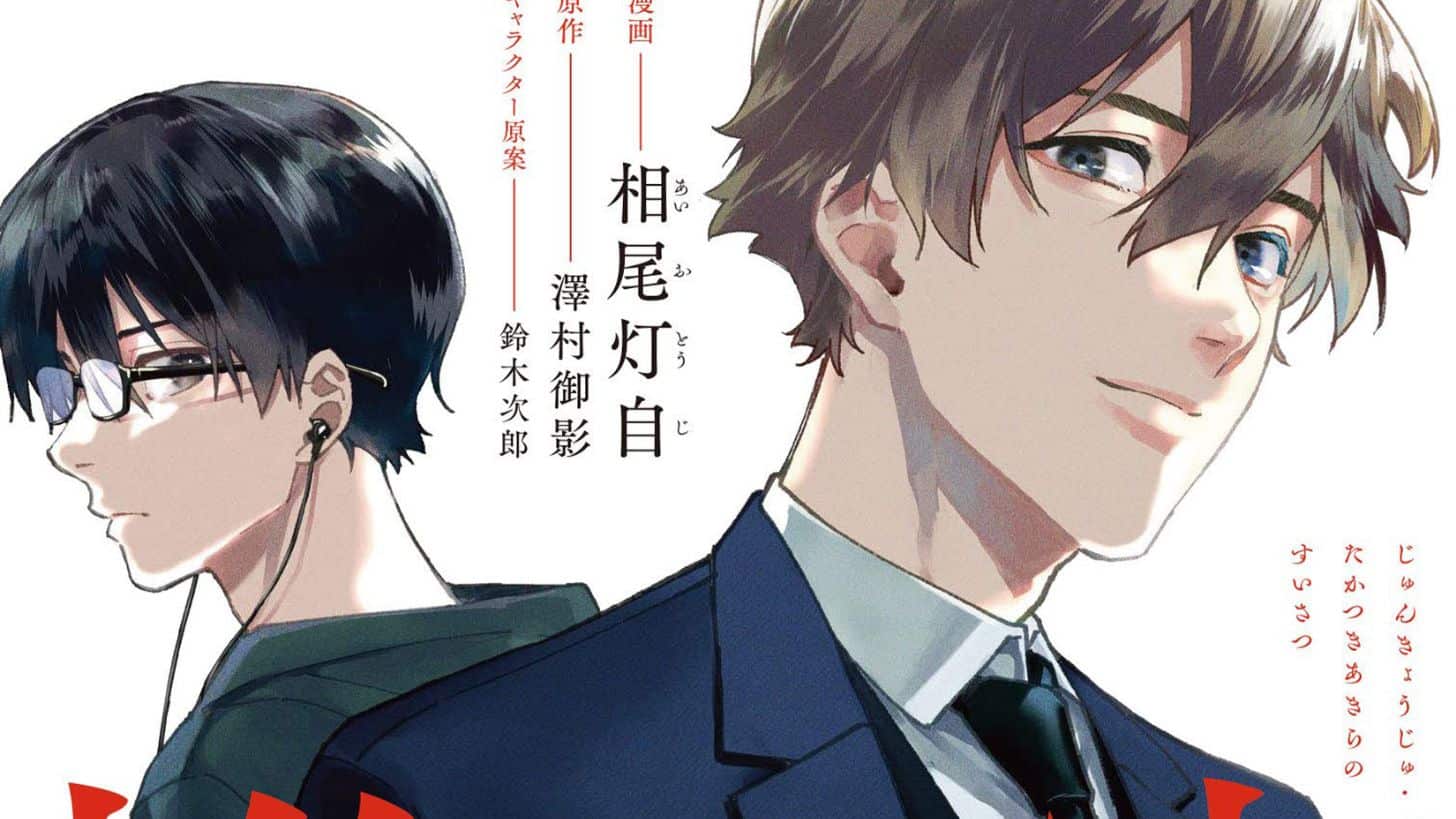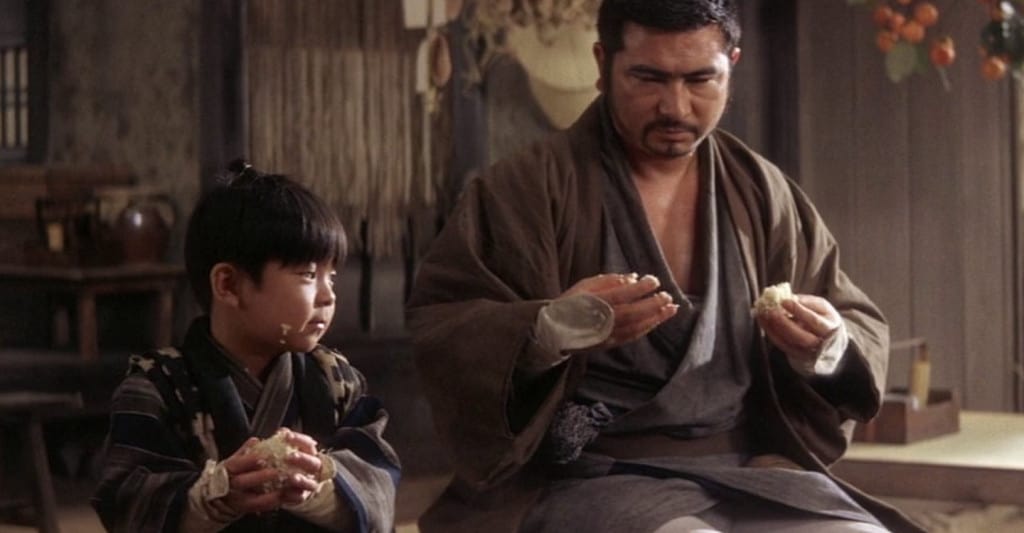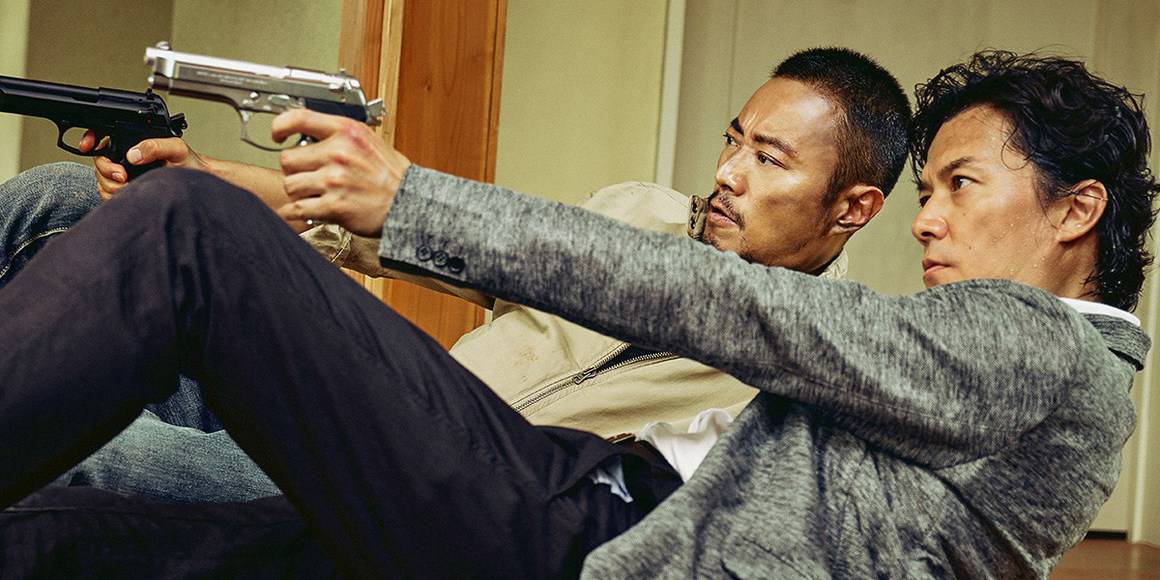Yuichi is living a carefree and idle existence, afforded to him by his girlfriend who pays for all his expenses. With his days filled with watching TV and looking at online pornography, his attention begins to wander into the world of online hookups. Through a website, he meets Tomoko, a married woman who initially lies about her age on her profile. Despite the age difference between the two, Yuichi's kind, curious nature and a shared interest in television programs, the two begin to build a romantic relationship.
The City of Betrayal is screening at Nippon Connection

As Yuichi and Tomoko's relationship deepens and becomes more intimate, they begin to grow neglectful of their respective partners. With both still being financially and emotionally dependable on their partners, they scramble to keep their relationships going while maintaining their affair. When Tomoko becomes pregnant,the two must face their partners, confronting not just their own affair, but the realization that their home lives have changed drastically while they were flirting with the idea of finding happiness in someone new.

“The City of Betrayal” most notable success comes from the character development. There is a great charm to both Yuichi and Tomoko, the two have a natural sincerity and kindness towards each other. In particular, Yuichi, who tries to play the role of being more masculine and only looking for a hook up, reveals his true nature to Tomoko early on, as she tries to excuse herself after lying about her age on her online profile by offering his apologies for his lies and assuring her of her beauty, regardless of age. It is hard to say that the age gap really plays a large part in the story, as one of the film's greatest strengths is making both characters' sense of longing and attraction to one another being more an issue of self-exploration, as they both live the life of kept couples looking for a deep bond to shake up the mundanity of their normal lives. Even with them both having an affair, they are still able to show a level of love and respect for their partners, which makes it even easier to become enamored with both Yuichi and Tomoko.
On the back of an engaging script, Sosuke Ikematsu and Shinobu Terajima give strong performances as Yuichi and Tomoko. Both bring a great deal of charm to their respective roles and are able to command a wide emotional range, making them one of the most memorable onscreen couples portrayed on film. The rest of the cast is well rounded out, giving solid performances that act to elevate Ikematsu and Terajima.
The film's visuals are complementary to the protagonist's nature. For example, it is nice to see their mannerisms as they flirt around issues such as going to a love hotel. The focus to always have any of the couples in the same frame instead of focusing on individual interactions keep a steady and believable intimacy between the cast. The film's score, albeit not very memorable, does compliment the tone of the film well.

“The City of Betrayal” is one of the most sincere portrayals of human fragility and perseverance during relationship struggles caught on film. Within the first quarter, I found myself pulled in deeply and invested in the two lovers, and thanks to great performances and consistent script, the film was able to keep me invested until the end. Director Daisuke Miura has adapted exceptionally well from a playwright into a film director. Sometimes when a film is adapted from a play it seems to lose some key elements while transitioning, either due to technical missteps changing mediums or the material just seems better suited for the theater. Thankfully “The City of Betrayal” does not fall into any of those shortcomings and shows that Daisuke Miura has a lot of talent in both industries and will continue to establish himself in whichever medium he chooses. Also worthy of note, ensure to stick around after the credits as there is a short scene that plays once the credits end, which is a nice send off to the main characters.















